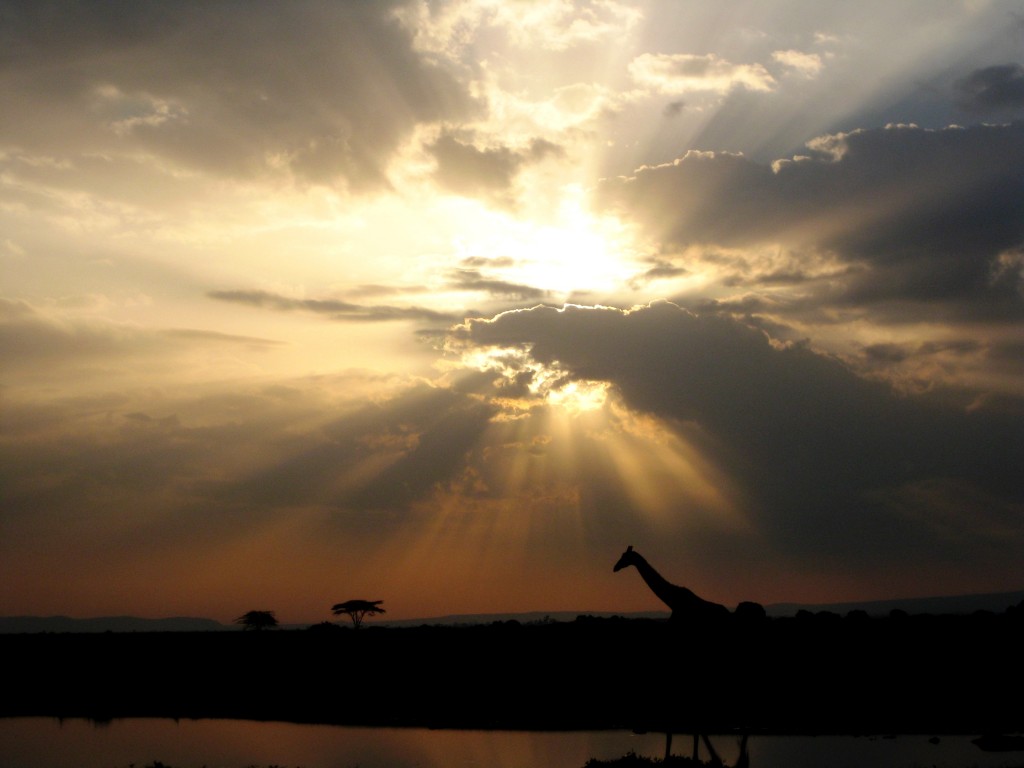Yesterday on the first Sunday of Advent the preacher talked about hope.
We all were asked to write down something from our personal lives that makes us hopeless, and then bring those scraps of paper up during Communion; they would be collected at the end of the service and made into something beautiful by the artists in the congregation.
I scribbled down my own little jagged piece of despair: a past wound that I have come to assume will simply always be there, much like the personal quirks we can come to acquire with time and aging, be they facial tics or funny mannerisms, only far more painful.
It has often been the case that when the pain from this past wound acts up and seems almost unbearable, I allow myself to stew in a bitter torrent of memories associated with the pain, or mentally, if not actually, to unleash my anger against the person responsible in a tirade of accusations. But these default coping mechanisms, in the form of anger, self-loathing and unforgiveness, only succeed in picking at emotional scabs, and, in turn, leave me captive to the past.
These days, I am slowly learning to close my eyes, start to breathe, and begin to visualize the light of God’s love illuminating me in its healing warmth. There, in that meditative place, it is as if God’s Spirit wraps Her arms around me, or playfully pokes me on the nose as if to exclaim, “Come out and play!” And then, in my mind’s eye, if only momentarily, I begin to dance, or sing, or even fly, and the pain subsides. When the pain returns, I return to that meditative place once again. Over and over again, I’m learning that whenever I need to, I can return to the healing arms of the Spirit, asking her to give me a new song and dance, and trusting her to lead me out into a life-giving realm of new possibilities.
This sort of thing is probably not exactly what the apostle Paul has in mind when he exhorts the persecuted church of Philippi to “rejoice always” in the face of suffering- but it is, I suspect, a similar expression of hope in the darkest of places.
Hope is what makes Christians “eternal beginners,” as the theologian Jurgen Moltmann has put it.
Hope is that juncture at which our past dead-ends open up onto wide-open spaces; it is that intersection between our “no’s” and God’s “yeses.”
Hope is a tiny baby in a smelly feeding trough on just another dark night when the world is rushing headlong towards its own destruction…and the soft-spoken promise of a Savior.
Where in your life have you simply stopped hoping? Take a moment to close your eyes, breathe, and imagine the light of God’s love touching you right where it hurts. Then, ask God’s Spirit to show you how She wants to love you in this very moment. You’ll be surprised at what happens. It may look an awful lot like “hope.”

